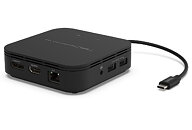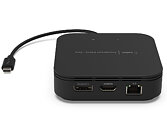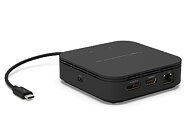
Foxconn Allegedly Moving its iPhone Production to India
The Taiwan media is reporting that Foxconn has been busy moving more and more of its production from China to India, with the main focus being on Apple's iPhone and iPad products for now. Foxconn has been producing iPhones for the Indian market in India since 2019, but the story here is that China has banned Foxconn from sending Chinese staff to India to train the local staff and oversee the production. This has resulted in Foxconn having to send staff from Taiwan to India instead, but they might not be as familiar with the entire production process as the ones that are based in the factories in China.
This is only part of the issue though, as the news reports are also mentioning that China is preventing Foxconn from sending machines and equipment needed for the production to India. The same issue is said to be affecting other Taiwanese companies that are moving some of their production out of China to India, but they've had no issues when it comes to sending equipment to other nations in South East Asia. The equipment is apparently not possible to produce locally in India either, which means that these companies are more or less being forced to keep their production in China. To work around this issue, Foxconn is said to be sending half-finished phones and components to India, to do the final assembly there, to keep up production in India. So far, this is just rumours out of Taiwan, but it looks like China is intent on keeping the production on its shores for as long as it can.
This is only part of the issue though, as the news reports are also mentioning that China is preventing Foxconn from sending machines and equipment needed for the production to India. The same issue is said to be affecting other Taiwanese companies that are moving some of their production out of China to India, but they've had no issues when it comes to sending equipment to other nations in South East Asia. The equipment is apparently not possible to produce locally in India either, which means that these companies are more or less being forced to keep their production in China. To work around this issue, Foxconn is said to be sending half-finished phones and components to India, to do the final assembly there, to keep up production in India. So far, this is just rumours out of Taiwan, but it looks like China is intent on keeping the production on its shores for as long as it can.












































